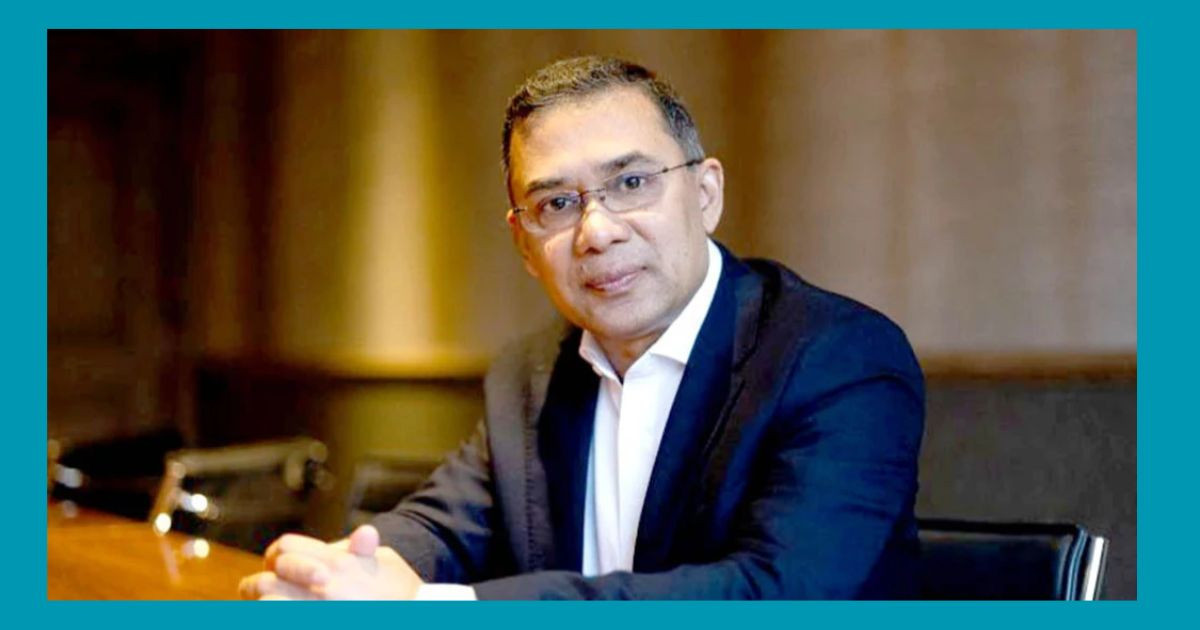Commentary
Tarique Rahman’s homecoming: Nation holds its breath
Now, with the political landscape at a crossroads, the timing of his return carries immense symbolic weight

File Photo
The entire nation- well-wishers and critics alike- is now eagerly awaiting the long-anticipated homecoming of Tarique Rahman, the acting chairman of the BNP and one of the most prominent victims of political persecution in the country’s history.
After nearly a decade and a half in exile, his imminent return has stirred widespread hope and anticipation. Many believe that Tarique Rahman’s charismatic leadership could restore confidence, bring political stability, and rekindle the democratic spirit that has long been suppressed.
For more than 15 years, Bangladesh endured a prolonged period of autocracy and political turmoil. During this time, fundamental rights were curtailed, state institutions weakened, and people’s voting rights systematically denied. Against this backdrop, Tarique Rahman’s homecoming symbolises not just the return of a political leader, but the revival of democratic aspirations.
Tarique Rahman’s homecoming is set to become the most anticipated return of a political leader in Bangladesh’s history. People from all walks of life- regardless of party affiliation, opinion, religion, or social background- are eagerly waiting to welcome this charismatic leader, who many believe will play a defining role in shaping the nation’s future.
They believe he will rebuild a state damaged by years of misrule and corruption, in line with his 31-point reform plan for a “New Bangladesh.”
From both historical and political perspectives, Tarique Rahman stands as a pivotal figure in contemporary Bangladeshi politics. He not only inherits the legacy of two iconic leaders- President Ziaur Rahman and former Prime Minister Begum Khaleda Zia, the architects of modern Bangladeshi politics- but also embodies and advances their political philosophy and vision for a democratic and prosperous Bangladesh.
Despite living thousands of miles away, he remained active in BNP politics, guiding the party, uniting its followers, and inspiring the nation’s pro-democracy movement.
Undoubtedly, Tarique Rahman has emerged as a prominent political leader through his skills, perseverance, and unwavering sacrifice, earning the respect of his party members who often regard him as a true ‘statesman’.
He is also one of the most prominent victims of political vendetta under the Awami League regime, yet he has been hailed as a champion of democracy. His life has been marked by immense personal sacrifices: he lost his valuable years to exile and legal battles, mourned the death of his beloved younger brother Arafat Rahman Koko, saw his mother Khaleda Zia imprisoned and fall seriously ill, and witnessed his childhood home confiscated.
Tarique Rahman was accused in around 75 false and fictitious cases and was convicted in some of them. During the previous autocratic ruler Sheikh Hasina’s regime, if he were to return home, his certain destination would be jail, and his life would be in peril. However, this politician has finally been proven innocent after being cleared of all charges by the court.
BNP Standing Committee Member Salahuddin Ahmed recently hinted that Tarique Rahman might return home by November. “You will know the exact date very soon,” he said, expressing hope that the BNP leader would participate in the next national election from a yet-to-be-decided constituency.
His return will mark the first homecoming of a Bangladeshi politician in the country’s history since the War of Liberation after a prolonged period of exile abroad. No other political leader in Bangladesh has ever been forced to live abroad in exile for as long as Tarique Rahman.
During his years in exile in London, he was barred from speaking in Bangladeshi media by government censorship. Despite this, he remained connected to the people through virtual platforms, encouraging students and citizens to rise against tyranny. His leadership played a crucial role in the 2024 mass uprising that toppled the autocratic regime.
After the imprisonment of Khaleda Zia, it was Tarique Rahman who kept the party united and mobilised a national resistance against oppression. His leadership during the student-led uprising demonstrated his strategic acumen and political maturity.
Tarique Rahman entered politics during the anti-Ershad movement of the 1990s and gradually emerged as a national leader by the early 2000s through extensive grassroots engagement. As his influence grew, so did the conspiracies against him. Arrested in 2007 during the military-backed caretaker government, he endured severe custodial torture, which left him with lasting spinal injuries.
In September 2008, he went to London for treatment and was later granted political asylum. Even from abroad, he reorganised the BNP, strengthened its international presence, and kept its democratic struggle alive.
Today, Tarique Rahman is more than just a political leader- he is a symbol of endurance and hope. Having endured years of repression, he now embodies the collective dream of a free and democratic Bangladesh.
Now, with the political landscape at a crossroads, the timing of his return carries immense symbolic weight.
As the nation awaits his return, expectations are sky-high. His supporters see him as the visionary who can steer Bangladesh toward reform, justice, and reconciliation. His homecoming may well mark the beginning of a new political chapter- one that could redefine the course of the country’s history.


